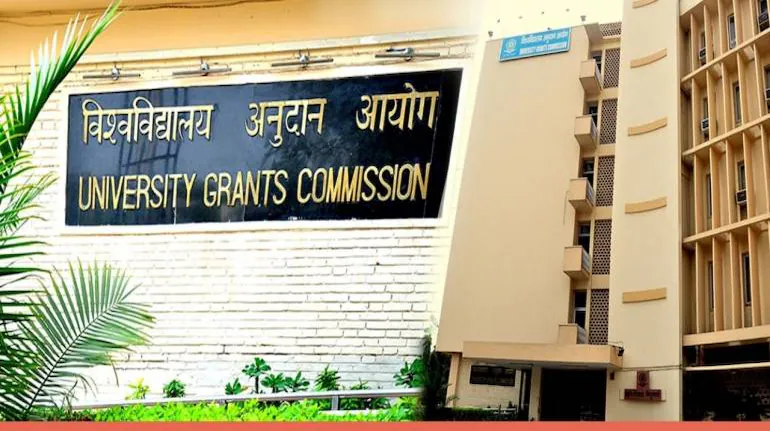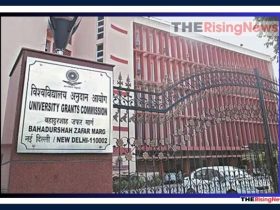
New Delhi, June 12, 2024, UGC’s new policy allows universities to admit students twice a year, providing flexibility and increasing the Gross Enrollment Ratio (GER).
A Major Policy Shift: Biannual University Admission 2024 in Indian Universities
The University Grants Commission (UGC) has announced a new policy allowing universities across India to conduct admissions twice a year, in July/August and January/February. This change, revealed on June 12, 2024, aims to offer more flexibility for students and institutions, aligning Indian higher education with international standards.
Addressing Student Needs University Admission 2024
Students who miss the traditional July/August admission cycle due to unforeseen circumstances now have another chance. They can apply in January/February, ensuring they do not lose a year. “This is not a mandatory requirement; only colleges with the necessary infrastructure and faculty can opt for this system,” said UGC Chairman M Jagadesh Kumar.
Enhancing Enrollment Ratios
The biannual admission system is expected to significantly impact the Gross Enrollment Ratio (GER) in higher education. By offering an extra admission cycle, the policy aims to increase student enrollment and provide more opportunities for higher education.
Implementation and Benefits
Universities interested in this system must seek approval from their academic and executive councils. This policy is optional and designed for institutions with the necessary resources. The primary beneficiaries will be students facing delays or disruptions in their academic plans.
Positive Reception from Academic Institutions
Educational institutions welcome this change, recognizing its potential to make higher education more accessible and inclusive. “This initiative will help us reach more students and provide them with the opportunity to continue their education without unnecessary delays,” said Dr. Rajesh Gupta, Vice-Chancellor of a prominent university in Delhi.
Distance Learning University Admission 2024
Chairman M Jagadesh Kumar highlighted the success of biannual admissions in open, distance learning, and online programs, with nearly half a million students already benefiting. This suggests a positive impact for traditional university admissions as well.
Key Details
- Policy Introduction: UGC allows admissions in July/August and January/February.
- Flexibility: Second chance for students missing the July/August cycle.
- Impact on GER: Aims to increase the Gross Enrollment Ratio in higher education.
- Implementation: Optional for universities, requires council approval.
- Success in Distance Learning: Nearly half a million students benefited from biannual admissions.
- Positive Reception: Welcomed by educational institutions for enhancing accessibility and inclusivity.
The UGC’s decision to introduce biannual admissions marks a significant shift in the Indian higher education landscape. By offering a second chance for students and increasing flexibility for institutions, this policy promises to enhance the accessibility and inclusivity of higher education in India. As universities prepare to implement this new system, the hope is to create a more resilient and accommodating educational environment for all.
This policy change reflects a forward-thinking approach, ensuring that Indian universities stay competitive globally while catering to the diverse needs of their student population.



